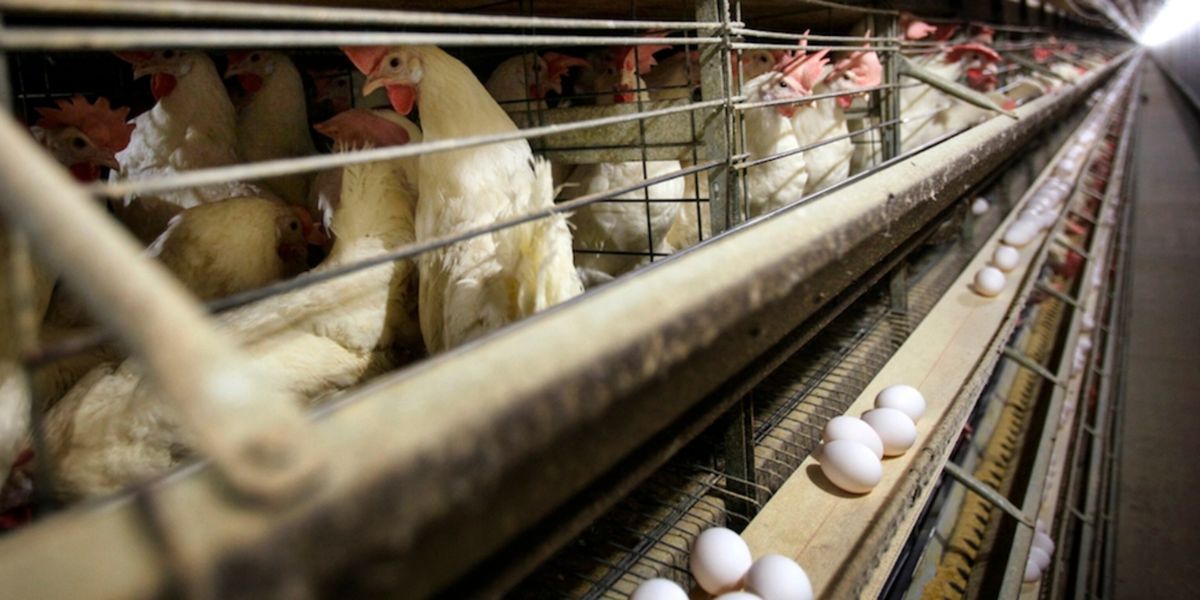Iowa’s Agricultural Alert: Heightened Defenses Against Avian Influenza
Iowa dairy farmers and poultry producers are being encouraged to improve their biosecurity protocols and practices to combat the spread of avian flu.
“Through our daily communications with federal partners and colleagues in other states, as well as with Iowa State University and industry stakeholders, we continue to seek and learn new information about this developing and evolving situation with Highly Pathogenic Avian Influenza (HPAI),”
Mike Naig, Iowa Secretary of Agriculture, said in a statement “There are still many unanswered questions, so we will remain engaged as we carefully analyze our reaction to these changing dynamics. Consumers can be confident that pasteurized milk, dairy products, and properly prepared poultry are still safe to consume.
As of April 12, the Iowa Department of Agriculture and Land Stewardship has received no reports of HPAI in dairy cattle or poultry in Iowa. On November 23, 2023, Iowa reported its last case of HPAI in a commercial chicken flock.
On December 19, 2023, the state reported its last case involving a backyard poultry flock. Other states, including Texas, Kansas, New Mexico, Idaho, Michigan, Ohio, North Carolina, and South Dakota, have recorded incidents in recent days or weeks.
The Iowa Department of Agriculture and Land Stewardship provides biosecurity standards for dairy herds to follow. On its website, the Department also provides various biosecurity information for poultry businesses and cattle farms.
“Increased biosecurity on poultry and cow farms is crucial to keeping our livestock healthy. We highly advise farmers to consult with their veterinarians and have a thorough understanding of the health status of any herd from which they are receiving cattle,” says State Veterinarian Dr. Jeff Kaisand. “Veterinarians, poultry producers with sick birds or dairy farmers seeing unusual or suspicious illnesses should report them to the Department at 515-281-5305.”











